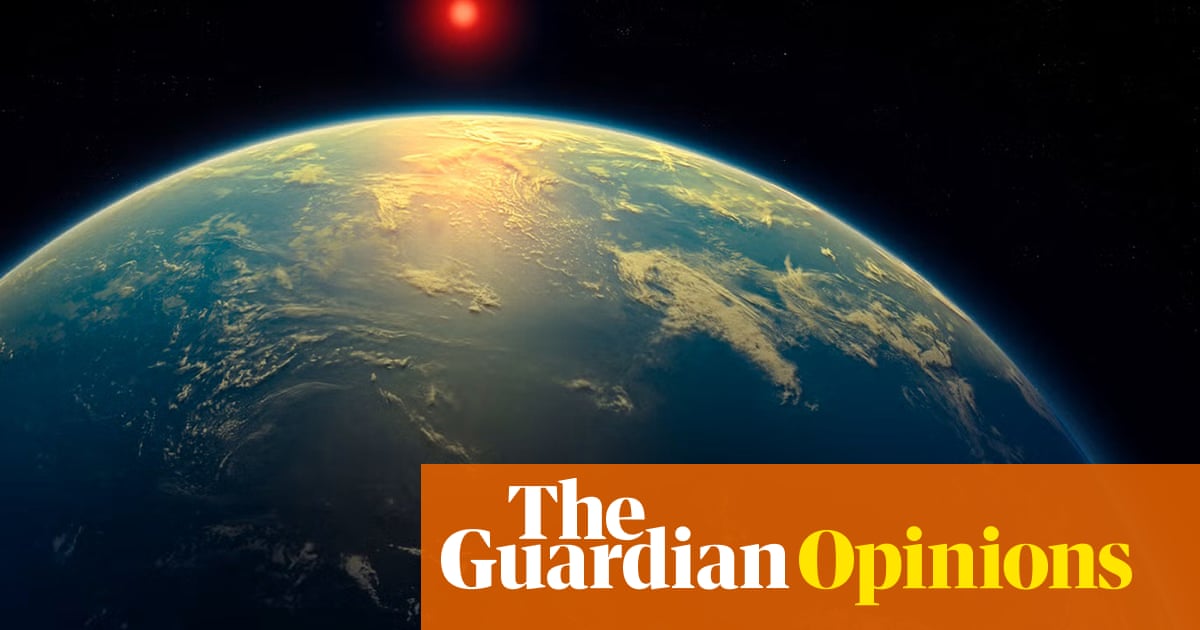
"Astrobiology is experiencing a pivotal moment as recent discoveries of exoplanets and potential biosignatures challenge our understanding of habitability and life's existence in the universe."
"The detection of gases like DMS and DMDS on K2-18b raises intriguing possibilities about life beyond Earth, despite the tentative nature of the findings."
Recent breakthroughs in astrobiology have confirmed the existence of exoplanets, with new classes like Hycean planets expanding our understanding of habitability. A pivotal moment was the James Webb Space Telescope's observation of K2-18b, revealing signs of dimethyl sulphide and dimethyl disulphide, gases linked to life. Although the findings are tentative and might not point conclusively to life, they present a promising avenue for future studies, challenging existing notions of what worlds can support life, and highlighting the importance of biosignatures in understanding our universe.
Read at www.theguardian.com
Unable to calculate read time
Collection
[
|
...
]